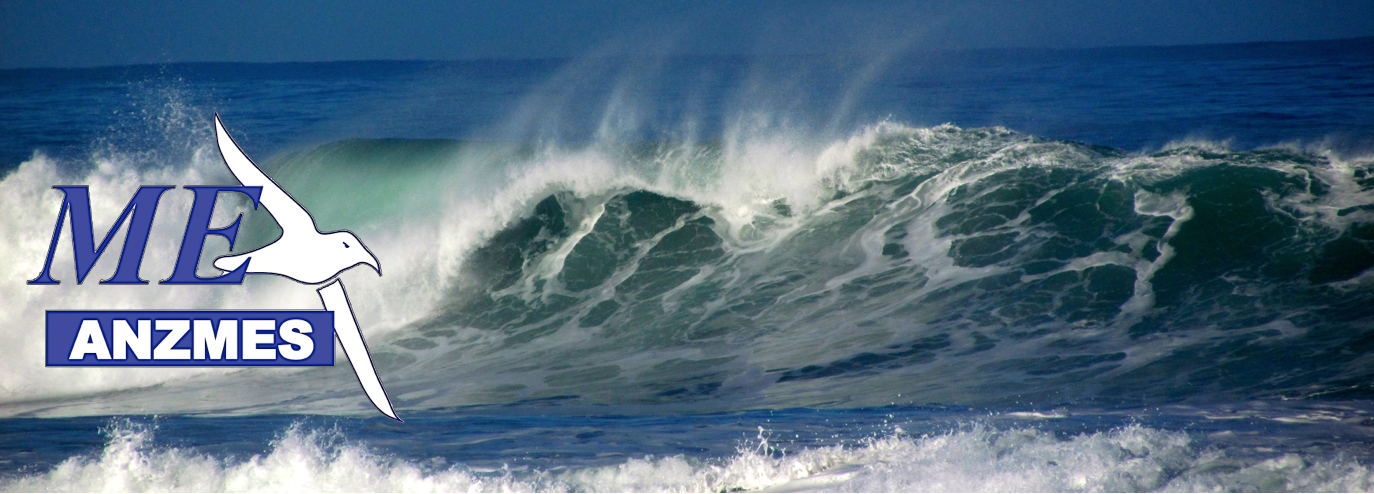For immediate release – 24th April 2025
ANZMES Highlights Lessons from the COVID-19 Pandemic in Submission to Royal Commission
ANZMES (The Associated New Zealand Myalgic Encephalomyelitis Society) has made a detailed submission to the Royal Commission of Inquiry into COVID-19 Lessons Learned, underscoring the need for equitable and inclusive public health measures in future pandemic responses.
Drawing on over 40 years of expertise supporting individuals with ME/CFS, ANZMES’ submission reflects the unique experiences and challenges faced by vulnerable populations during the pandemic. It emphasises actionable lessons to strengthen public health planning, safeguard chronic illness communities, and foster trust in healthcare systems.
Key insights from the submission include:
- Addressing systemic gaps in vaccine safety protocols, adverse reaction reporting, and mandates, with tailored guidance for vulnerable populations like those with ME/CFS and post viral conditions.
- Reinforcing the importance of equitable lockdown measures, including flexible service delivery and targeted mental health support for vulnerable populations, including chronically ill individuals.
- Promoting inclusive design of testing, tracing, and public health technologies to ensure accessibility for populations with cognitive impairments and limited mobility.
- Advocating for ongoing support for post-viral illnesses through the establishment of a Centre of Excellence, fostering research, education, and patient-centered care.
“The COVID-19 pandemic revealed critical gaps in the recognition and support of individuals with chronic illnesses, like ME/CFS and long COVID,” said Fiona Charlton, President of ANZMES. “Our submission calls for proactive and inclusive strategies to ensure that these populations are no longer overlooked in future public health crises.”
ANZMES’s submission reflects a steadfast commitment to advocating for systemic reform and fostering collaboration with policymakers, healthcare providers, and communities to build a resilient and equitable healthcare system.
Ends.
Understanding ME/CFS and long COVID
Myalgic Encephalomyelitis/Chronic Fatigue Syndrome (ME/CFS) is a long-term, multi-systemic illness affecting the nervous, endocrine, autonomic, cardiovascular, and immune systems. It is often triggered by a viral illness and involves overwhelming fatigue and other symptoms that range in severity. Patients experience severe fatigue, post-exertional malaise (PEM), unrefreshing sleep, cognitive impairment, and orthostatic intolerance (to list a few). With over 100-200+ potential symptoms, the condition’s impact can vary greatly, making diagnosis and management highly individualised. Roughly 25% of all ME/CFS cases are categorised as mild, 50% as moderate-severe and 25% as very severe.
Long COVID (LC) is characterised by persistent, unexplained symptoms following infection with COVID-19 (SARS-CoV-2) lasting more than 12 weeks and not explained by an alternative diagnosis. Both conditions share symptoms such as extreme fatigue, cognitive dysfunction, and post-exertional symptom exacerbation (PESE), with up to 50% of long COVID cases fitting the diagnostic criteria for ME/CFS.
COVID developing to ME/CFS
Using data from a long COVID research initiative run by the US National Institutes of Health (NIH), the incidence of ME/CFS is now considered 15 times higher than pre-pandemic levels, and that people with a history of COVID are almost eight times as likely to develop the chronic condition.
Post-Exertional Malaise (PEM)
Post-Exertional Malaise (PEM), also referred to as post-exertional symptom exacerbation (PESE) in the context of long COVID, is a debilitating response to normal, every-day activities in people with ME/CFS. For individuals with severe-very severe ME/CFS or LC, this can be triggered by sensory overload, such as exposure to light or even simple conversations. Repeated episodes of PEM can exacerbate these already severe symptoms, and even minimal exertion can lead to significant setbacks for the patient’s health and wellbeing.
About ANZMES
The Associated New Zealand ME Society is the National Advisory on ME/CFS. Established in 1980, ANZMES has been at the forefront of research, representation, and education for ME/CFS in Aotearoa/New Zealand. The organisation’s expertise comes from its reputable medical team of advisors, which includes a world renowned expert and MNZM recipient, a fellow of the Royal NZ College of General Practitioners (RNZCGP) and a network of academic researchers, clinicians, and representatives from the ME community.
The organisation is a registered provider of continuing medical education with the Royal New Zealand College of General Practitioners (RNZCGP) and is dedicated to improving the lives of those affected by ME/CFS, long COVID, and associated conditions.
ANZMES is a founding member of the World ME Alliance, and a member of the Neurological Alliance NZ, long COVID Alliance, Carer’s Alliance, Disabled Person’s Assembly (DPA) and Access Matters.
The organisation’s vision is to live in a world where Myalgic Encephalomyelitis (ME)/ Chronic Fatigue Syndrome (CFS), long COVID (and associated conditions) are recognised, supported, diagnosed early, treated effectively, and cured.
The vision focuses the organisation’s mission as the trusted leader to fund and generate robust Aotearoa research, represent the global voice, and educate through best practice to improve outcomes.
The vision and mission drive the organisation’s purpose as the leading National Advisory to produce and deliver quality, reputable, authoritative, evidence-based information, data, research, and education. We represent the needs of the community to ensure best outcomes are the primary focus of healthcare, legislation, and services that affect people living with ME, long COVID, fibromyalgia, and dysautonomia.

